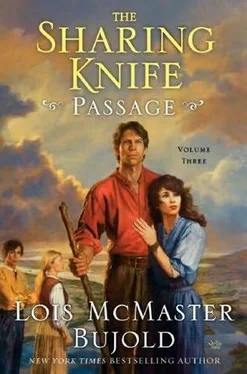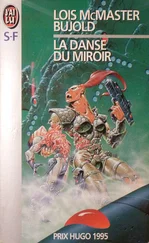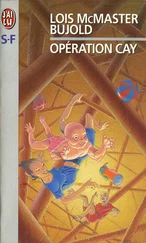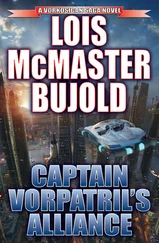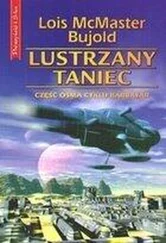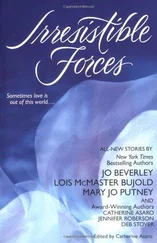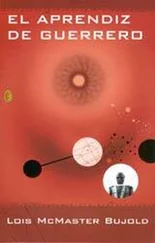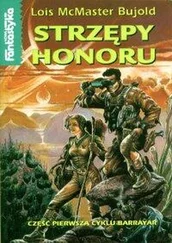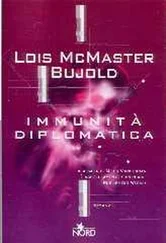Up and down the shore, derelict boats were tied, both keels and flats. A few curious boatmen were poking around in them. Some boats in better condition looked as though they’d been in the process of having their original names scraped away and replaced by new ones, or other identifying marks altered. Others had sprung leaks and settled into the mud. The newest captures were tied at the top end, upstream, and Fawn thought she recognized a couple of the names of the Tripoint boats Cap Cutter had been seeking. Fifteen or so in all—Fawn found herself estimating the sizes of the missing crews, and shivering. And this didn’t even make up the whole, because the bandits had burned some boats, as well. As many died here as at Greenspring. If accumulated secretly over a year or more, and not in a few dreadful days. And there wasn’t even a malice. Malice aplenty, though.
Two flatboats at the far end of the row must have lain here since last fall, for the ice had opened their seams and buckled their boards, and what caulking hadn’t given way in the winter cold had rotted out in the summer heat. They sat low in the water, weathered and ghostly, and even Fawn’s eye could pick out the Rose, second from the last, because it was the exact same design as the Fetch.
Berry made her way across a sagging gray board and lowered herself carefully to the decaying deck; Fawn and Whit followed. With a creaking of rusted hinges, Berry pulled open the front hatch and peered into the shadows within. She wrinkled her nose, hiked up her skirts, and stepped down into the cold water. Fawn, deciding her shoes could get no wetter, did the same. Whit saved his trousers and waited in the hatch, watching Berry in worry.
Most of the fittings had been removed, including the glass windows in the gaping frames toward the back of the cabin. Blue daylight filtered through, reflecting off the water to give a drowned glow to the space. A lot of warped barrel staves were still left, half-floating, slowly rotting. Some kegs might once have held salt butter or lard; Fawn wasn’t sure if they’d been broken open by humans or a passing bear. Wildlife had been in here, certainly. Berry waded right through water to her knees, back and forth; twice, she reached down and pulled up unidentifiable trash. It took Fawn a few minutes to realize she was looking for bodies—or skeletons maybe, by this time—and was immeasurably relieved when none were found. Berry climbed up briefly through the kitchen hatch to peer around the back deck, then, still in that same silence, made her way to the bow and onto shore where Saddler waited.
“Anything left?” he asked.
She shook her head. “It’s good for nothing but firewood, now. Half of it’s too waterlogged even for that.”
He nodded, unsurprised. “Wain says you’re to have a share from the cave. Plan is, we mean to fix up what boats here will still float, and take the goods we found piled up down to the Confluence.”
“You’ll see that Cap Cutter gets word of his lost boats and men? I expect you’ll catch up with him about there.”
Would Boss Cutter be wounded in his male pride to learn that the lowly Fetch had destroyed the river bandits, when all the Tripoint Steel’s bristling bravado had missed the mark? No, more likely by the time the tale was carried downriver by the keelers, boastful Boss Wain would feature as its hero. Well, Berry would not begrudge it to him.
“Cutter from Tripoint? Aye, we know the fellow. Will do.” Saddler ducked his head. “What don’t get claimed by the old owners’ kin will be sold. Together with our salvage shares, it’s going to add up to quite a bit.”
“I don’t want no share of this,” said Berry.
“More for us, but that ain’t right, Boss Berry. I expect Wain’ll have a word or two about that.”
“Wain can have as many words as he wants. They’re free on the river.” She scraped strands of pale hair out of her eyes.
Saddler shrugged, dropping the debate for the moment. “There’s a couple other flats up the row we got more than one guess on. I’d be grateful if you’d take a look at ’em. Settle an argument, maybe.”
She nodded and let herself be drawn off.
Whit stood on the muddy bank, looking from Berry’s straight, retreating back to the rotting hulk of the Rose. He ran a harried hand through his hair, and said to Fawn, “I had one shoulder for if her betrothed was dead, and another for if he was run off with another gal. But I got no shoulder for this. And she’s not cryin’ anyhow. I dreamed of cutting out Alder, but not this way! What’ll I do, Fawn? I want to hold her, but I don’t dare!”
“It’s too soon, Whit. I don’t think she could stand having her hurts touched yet.”
“But I’m afraid that soon it’ll be too late!”
Fawn considered this. “Dag once told me that Lakewalkers wear their hair knotted for a year for their losses, and it’s not too long a time. She’s just been hit with a lot of losses. Her papa, Buckthorn—Alder, too. Alder’s the worst of all, because she’s lost and found and lost him twice.”
“She don’t cry at all.”
“Maybe she’s like Hawthorn, and goes off in the woods to cry private. You do wonder…what sort of life a girl must have had to spurn comfort even in the worst pain, as if needing help was a weakness. Maybe she figured if only she was strong enough, she could save everything. But it doesn’t work that way.” She frowned and went on, “After the Glassforge malice, Dag comforted me, but he had some pretty deep experience to draw on, I reckon.”
“I ain’t got no deep experience,” Whit said, a little desperately.
“I’d say you’re getting some now. Pay attention.”
He rubbed the back of his wrist across his nose. “Fawn…I grant that malice roughed you up and scared you silly, but it wasn’t as complicated as this.”
She took two long breaths, and finally said: “Whit…when it caught me, the Glassforge malice ground-ripped the ten-weeks child I was carryin’ in my womb. When I miscarried of it, I almost bled to death. Dag saved my life that night, taking care of me. Nothing could save my baby by then.”
Hit on the head with a fence post about summed up the look on Whit’s face. Well, she’d certainly got his attention. “Huh…?” he breathed. “You never said…”
“Why did you think I ran away from home?” she asked impatiently.
“But who was the—wait, no, not Dag, couldn’t have been—”
Fawn tossed her head. “No, the papa was a West Blue boy, and it doesn’t matter now who, except that he made it real plain he wanted no parts of his doin’. So I walked on down that road by myself.” She drew air through her nose, and went on, “Where I met Dag, so it came out all right in the end, but it wasn’t—ever—simple.”
“You never said,” he repeated faintly.
“Silence doesn’t mean you’re not grieving. I didn’t want my hurts rummaged in, either. Or to have to listen to a lot of stupid jokes about it. Or otherwise be plagued to death by my family.”
“I wouldn’t have made…” He hesitated.
“For Berry, you just be there, Whit. Be the one person in the wide green world she doesn’t have to explain it to, because you were there and saw it all for yourself. Hand her a clean cloth if she cries or bleeds, and some warm thing for the pain that doubles her over. The time to hold her will come. This day isn’t over yet.”
“Oh,” said Whit. Quietly, he followed her up the riverbank to rejoin Saddler and Berry.
Flanked by Remo, Dag exited the cave and dragged his hand over his numb face. The groundwork on the Silver Shoals fellow’s cut neck was holding, and Chicory had opened his eyes a while ago, swallowed a mouthful of water, complained that his head hurt like fire, and pissed in a pot—all good signs—then fallen back into something more resembling sleep than blackout. In the meanwhile, however, one of the flatboat men—not the papa or his son, thankfully—had died unexpectedly when a deep knife cut his friends had thought was stanched had opened again beneath his bandages and blood had filled his lungs.
Читать дальше
